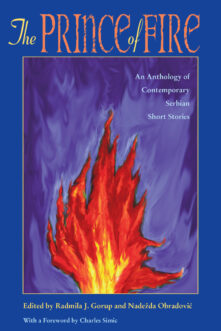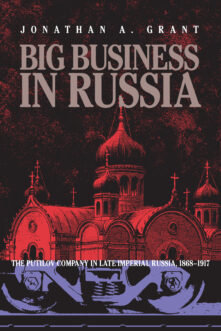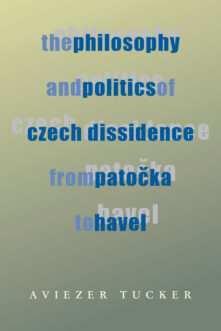Books
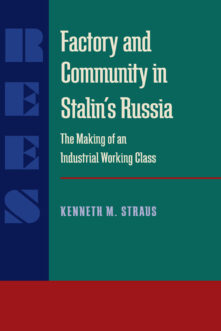
Factory and Community in Stalin’s Russia
The Making of an Industrial Working Class
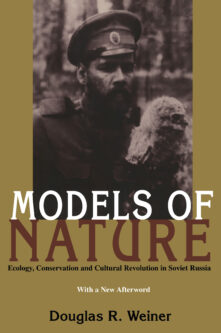
Models Of Nature
Ecology, Conservation, and Cultural Revolution in Soviet Russia
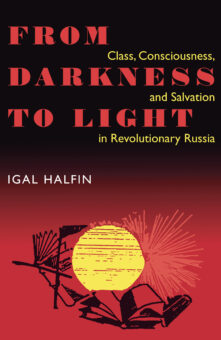
From Darkness To Light
Class, Consciousness, & Salvation In Revolutionary
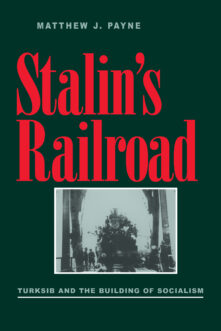
Stalin’s Railroad
Turksib and the Building of Socialism
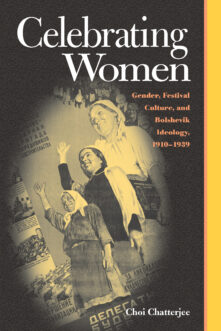
Celebrating Women
Gender Festival Culture & Bolshevik Ideology 1910-1939
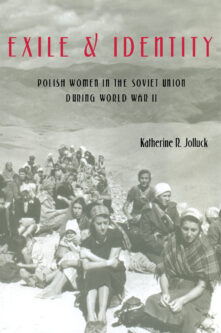
Exile and Identity
Polish Women in the Soviet Union during World War II
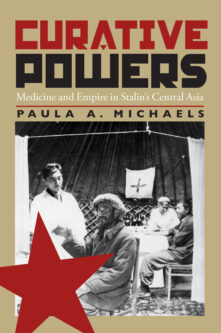
Curative Powers
Medicine and Empire in Stalin’s Central Asia
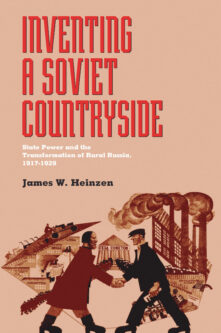
Inventing a Soviet Countryside
State Power and the Transformation of Rural Russia, 1917–1929
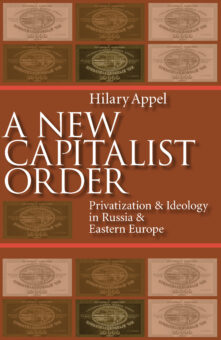
A New Capitalist Order
Privatization And Ideology In Russia And Eastern Europe
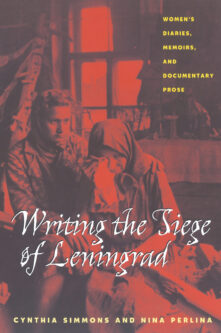
Writing the Siege of Leningrad
Womens Diaries Memoirs and Documentary Prose
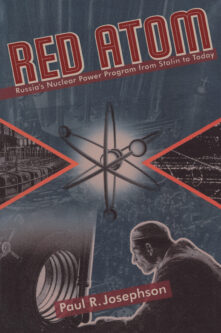
Red Atom
Russias Nuclear Power Program From Stalin To Today
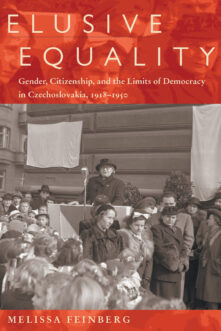
Elusive Equality
Gender, Citizenship, and the Limits of Democracy in Czechoslovokia, 1918-1950
Total 113 results found.


